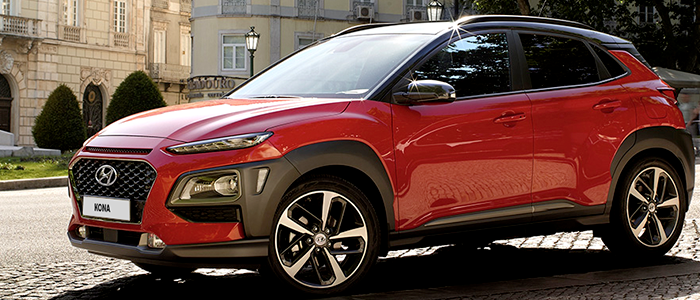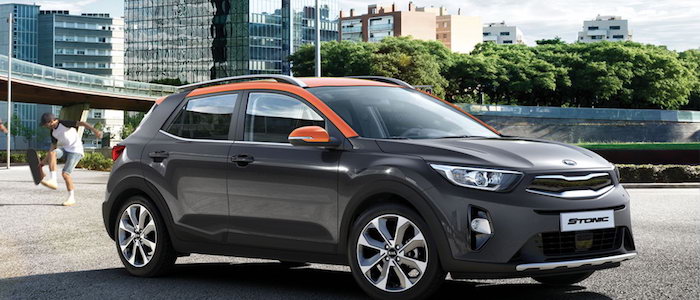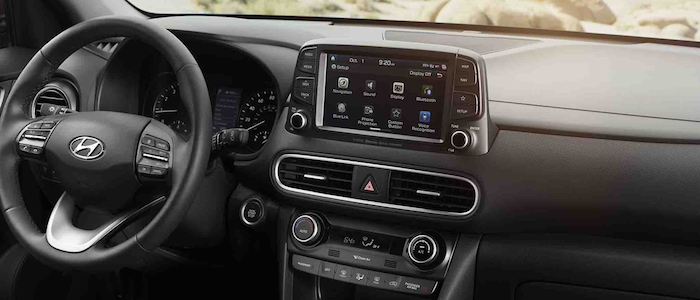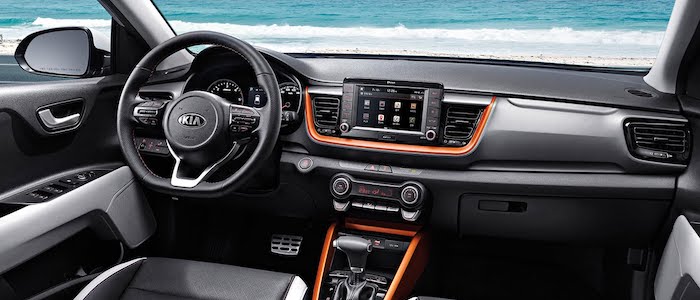Compare two cars
Compare any two cars and get our Virtual Adviser™ opinion
Dimensons & Outlines
Check a car with 30% off a report
Engine
Performance (manual gearbox)
Performance (automatic gearbox)
Expenses
Virtual Adviser's™ opinion
Well, these are two pretty similar cars we have here! It's only details that could potentially make the difference. Not only that they both belong to the suv segment and utilize the same 5-door suv body style, they are even powered by the same Hyundai-developed petrol engine! There is not much there to point us towards one vehicle or the other. Or is it?
SafetyA starting point here would be to take a look at the results from European New Car Assessment Programme (Euro NCAP) tests which were performed on both of the cars, with the Hyundai displaying significantly better structural stability. That aside, let's consider some other aspects which affect safety. Both vehicles belong to the suv segment, which is generally a very good thing safety-wise, but that fact doesn't break the tie between the two cars. Furthermore, if we'd like to consider vehicle mass in this context too, which we definitely should, Kona offers a marginal difference of 4% more metal.
ReliabilityI don't like generalizing things when it comes to reliability, although it does seem that Hyundai does have a slight advantage, all the models observed together. These are the results of an independent reasearch, while our visitors describe reliability of Hyundai with an average rating of 4.5, and models under the KIA badge with 4.2 out of 5. Independent research findings rank Kona as average reliability-wise, and Stonic is more or less at the same level.That apart, owners of different cars powered by the same engine as these two vehicles rank it on average as 5.0 out of 5.
Performance & Fuel economyKIA is undoubtly more agile, reaching 100km/h in 1.7 seconds less than its competitor. In addition to that it accelerates all the way to 184 kilometers per hour, 3km/h more than the other car. When it comes to fuel economy things look pretty much the same for both cars, averaging around 5.2 liters of fuel per 100 kilometers (55 mpg), in combined cycle.
Verdict
Hyundai appears just a bit more reliable, although the difference is truly marginal. The most important thing when deciding between any two vehicles should always be safety, both passive and active. In my opinion, everything taken into account, Kona beats the other contender by far, making it the best choice without even considering other things. From there things take a different direction, with KIA outracing its opponent in any situation possible, making it better choice for boy racers. To make things even better, it consumps less fuel! At the end, as much as I'd like to give you a winner here, it's simply a pure tie if you ask me. Nevertheless, let's not forget that people have different preferences and needs, so what really counts is your personal feel. I'm only here to help. Also, you could use the oportunity to find out which car, everything taken into account, would be the perfect choice for you in the eyes of the virtual adviser™, among more than 12.000 different ones in our database.
































